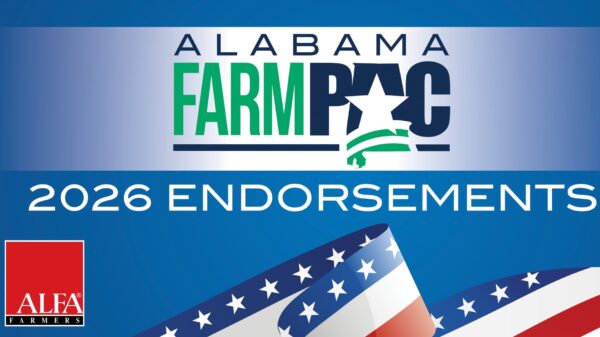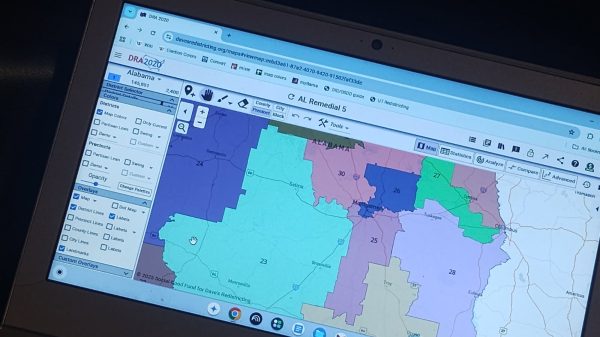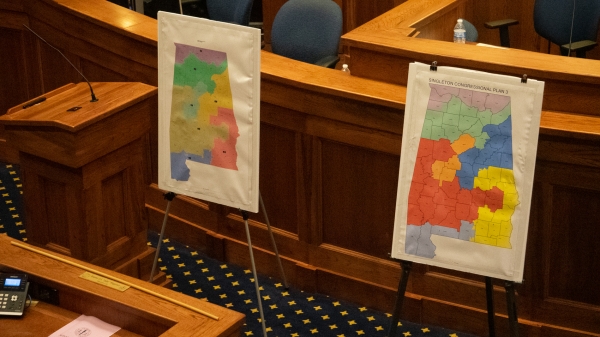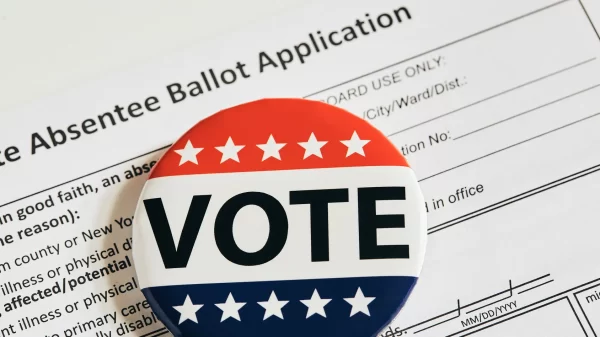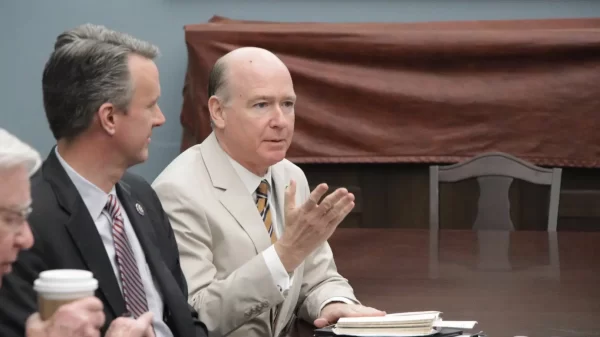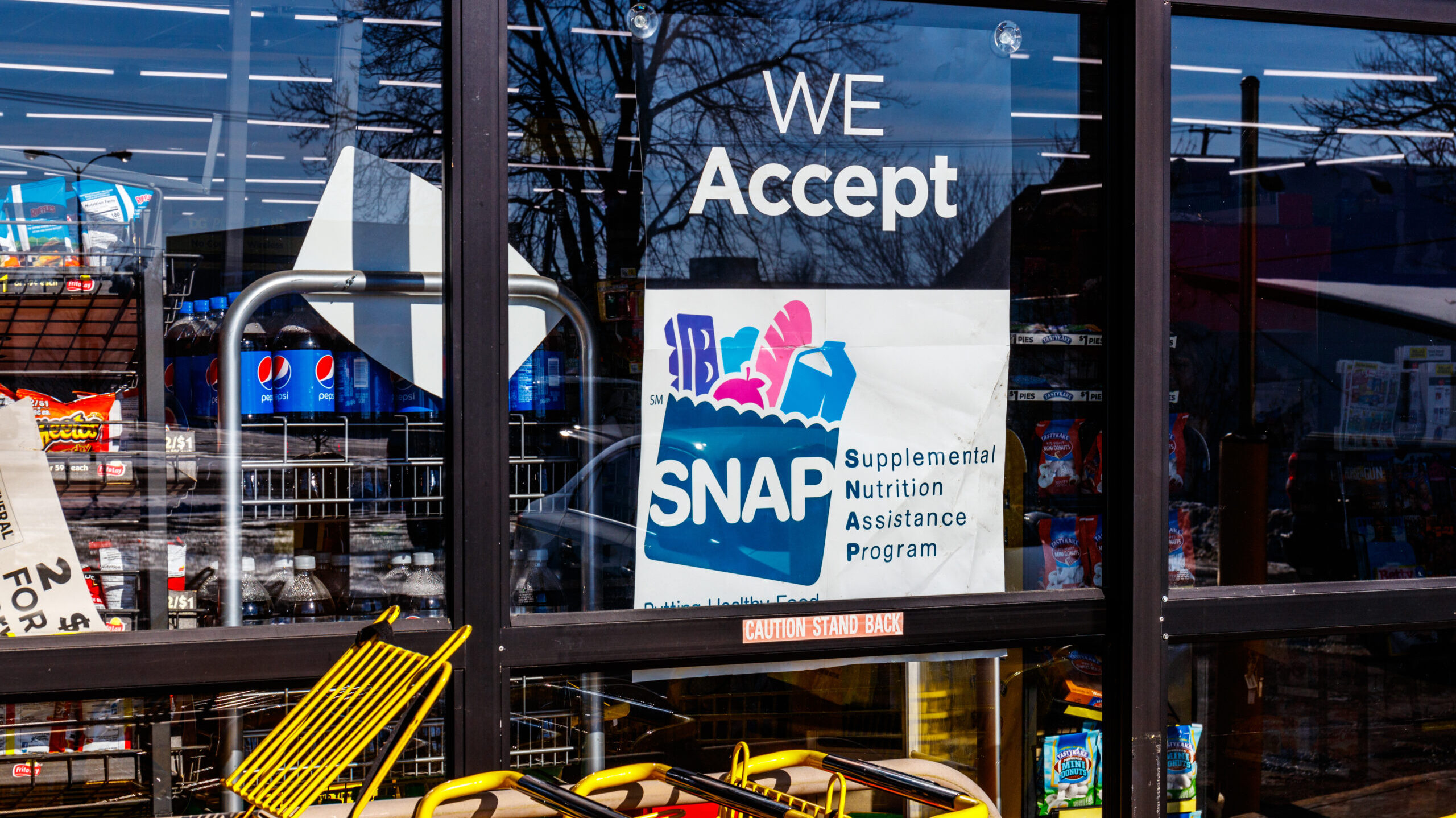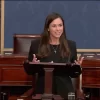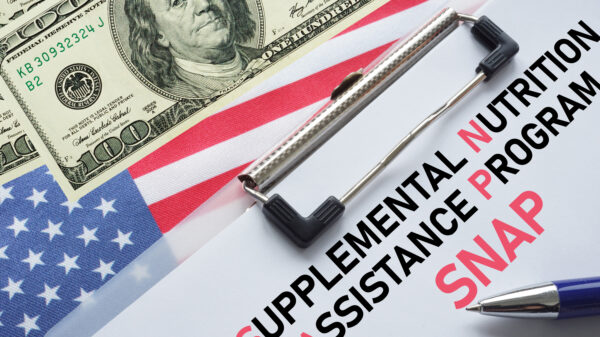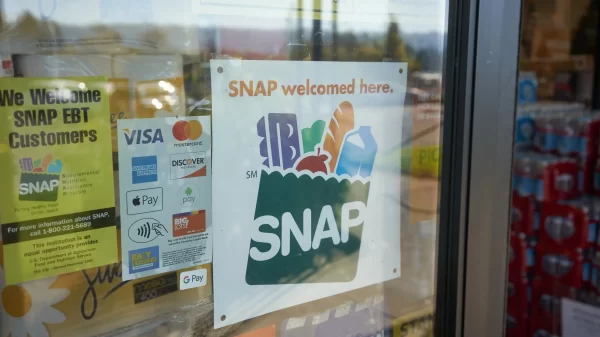Around 1 in 7 Alabamians receive benefits through the Supplemental Nutrition Assistance Program, according to data from the U.S. Department of Agriculture. Formerly known as “food stamps,” every month the program provides over 350,000 mostly poor households in Alabama $192 per person on average. These benefits can only be spent on a select list of food products.
Traditionally, the overwhelming majority of the total costs of SNAP have been covered by the federal government, with state governments like Alabama’s only responsible for half of the program’s administrative costs.
The new federal budget signed by President Trump earlier this month will upset this status quo by reducing the federal share and requiring some states to cover a fraction of benefit costs.
Alabama Senator Tommy Tuberville was a vocal critic of the House’s early proposal to have states bear more of the costs of SNAP, telling Politico in early June that he did not “know whether we can afford it or not.”
However, the final budget still cut federal funding for SNAP administrative costs in half, beginning in the 2027 fiscal year. A new incentive system requiring states to pay a sliding percentage of benefit costs according to their payment error rates was also still included, although rather more lenient than the House’s proposal.
Kathryn Shoupe, the director of communications for the Alabama Department of Human Resources, the state agency that oversees SNAP, said “DHR has not yet received federal guidance on how this bill will be implemented.”
“We are currently monitoring the updates on this bill and will act accordingly,” she told APR. “In FY 2024, the total expenditures for SNAP administrative costs was $140,655,754 and of that approximately $70 million were state funds.”
During an interview yesterday, state Senator Arthur Orr, R-Decatur, stated simply that “the state will need to find the money.”
Evidently unworried about the forthcoming cuts to federal funding for SNAP, Orr said “we get changes like this quite frequently.” He explained that “every year we don’t know what our Medicaid eligibility’s gonna be as far as how many people are gonna enroll.”
“So, in other words, every year is a new year and different and $35 million is a manageable number in the broader scheme of things,” added the senator.
Orr also said the state legislature has invested millions of dollars in DHR in recent years that could help keep the payment error rate down and pointed to bills he introduced last session in an attempt to tighten eligibility checks on SNAP and Medicaid.
Those bills failed to pass before the session ended. While they were being considered, Alabama Arise Senior Policy Analyst Carol Gundlach said the categorical eligibility program for SNAP that would have been affected actually “saves dollars in order to not have to capture pennies.”
The new federal budget likely means Alabama legislators will be even more interested in suppressing payment error rates next session though. In the 2024 fiscal year, Alabama had a payment error rate of 8.32 percent, reflecting both under and overpayments. If the new incentive system had been in effect then, the state would have been responsible for around $173 million in additional costs that year.
Orr also announced earlier this week that he plans to introduce a bill requiring Alabama to apply for a new SNAP waiver program. A pet project of Health and Human Services Secretary Robert F. Kennedy Jr., the waivers allow states to exclude “junk food” like soda and candy from the list of products people can buy with SNAP benefits.
“We shouldn’t be subsidizing people to eat poison,” Kennedy hyperbolized on Fox News this past February. So far six states have had their applications for waivers approved.
Orr told APR he supports Alabama applying for a waiver because soft drinks and candy are “not essential foods for anyone” so shouldn’t be paid for by the taxpayer, unhealthy diets contribute to rising Medicaid expenses, and “the federal debt [is] at $37 trillion.”
Raising taxes on candy and soft drinks, or banning sugary drinks above a certain size like New York City tried to do in 2013, would be a “non-starter in Alabama,” Orr opined when asked about other policy options that could possibly discourage Alabamians’ consumption of unhealthy foods.

